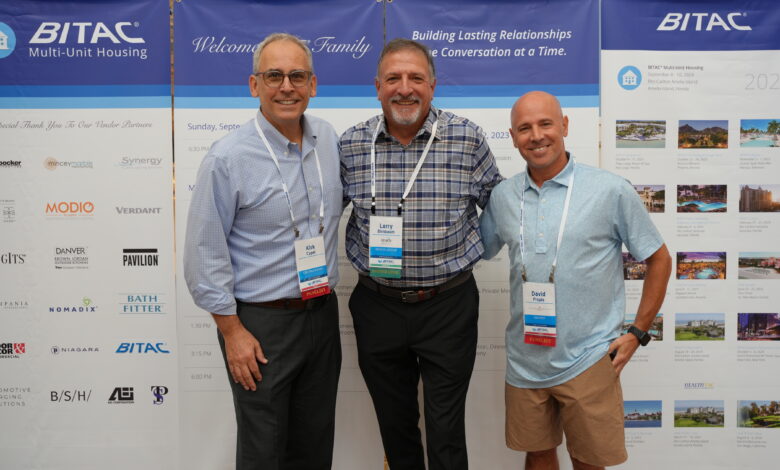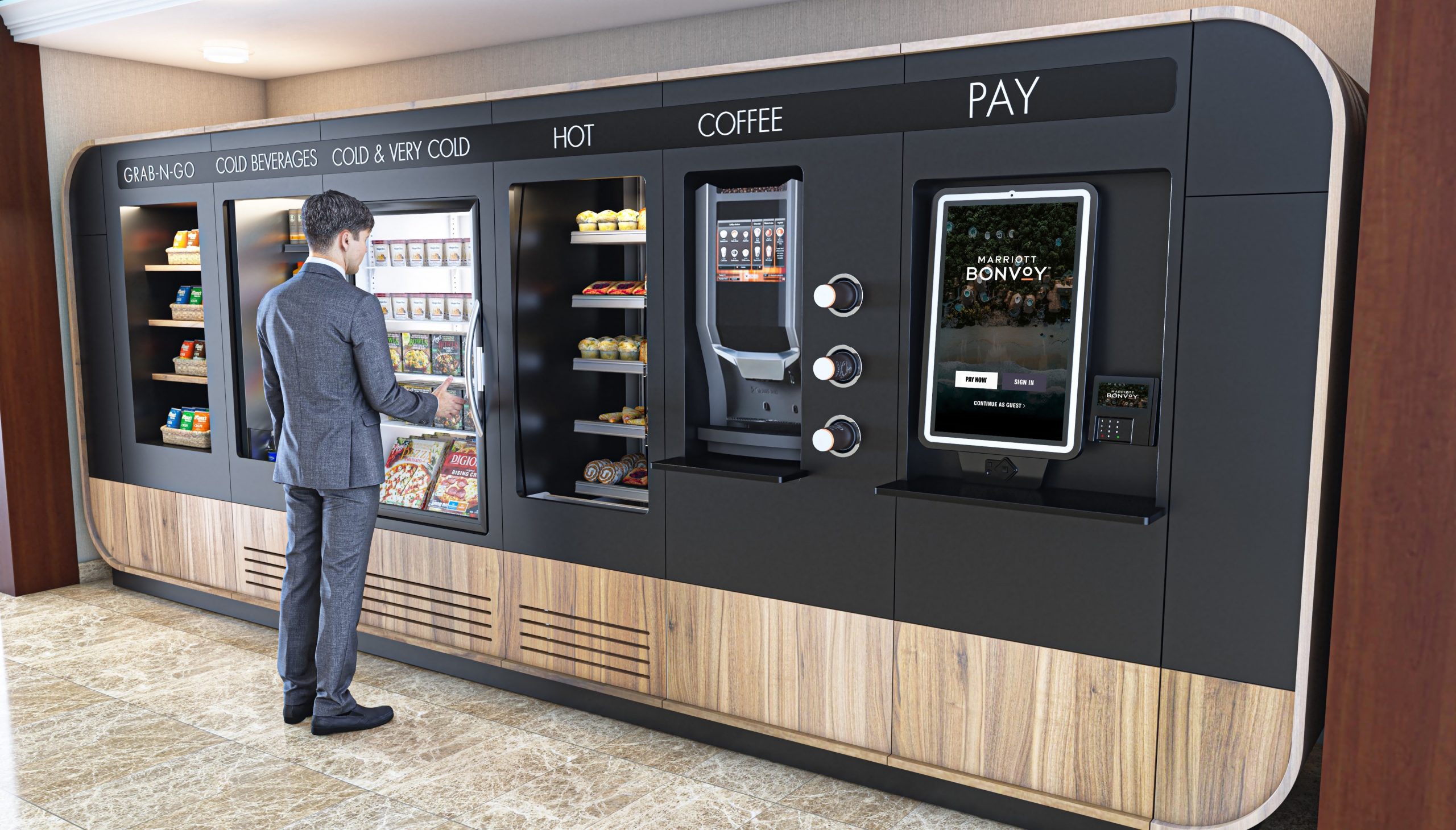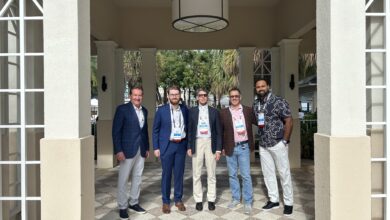
By David Berman | September 11, 2023
In multi-unit housing, property developers are having to take into account the ever-evolving tastes and needs of the “modern tenant” who may not be satisfied with the basics in their apartment complex.
Attendees at BITAC Multi-Unit Housing, taking place from September 10-12 at Disney’s Boardwalk Inn in Lake Buena Vista, Florida, experienced a panel discussion on this topic. Titled “New Tenants New Demands,” Larry Birnbaum, Principal at Xenios Group, moderated the session on Monday afternoon.
Birnbaum was joined by two panelists, David Propis, Managing Partner at NAVARP, and Kirk Cypel, Chief Development Officer at CBG Real Estate. The former began the panel by talking about the amenities that modern residents expect. Everything from high-speed internet and quality cable to dog parks and life-sized chess boards are now included in properties around the country.
Cypel said it can be difficult to forecast which amenities to include in multi-unit properties, but development companies must attempt to stay ahead of the curve.
“I think that’s the real challenge in our business, because change is happening,” Cypel said. “What is it they say — the only constant is change … We’ve talked about this concept of future proofing, but the problem is you don’t know what the future is. There are these very difficult decisions to make, which is how far out on that limb do you really want to go before you’ve spent money unwisely?”
Cypel said he feels multi-unit housing is hitting an “affordability cap,” where the upper limit for how much a property can charge for rent is being reached. So, instead of charging more for rent, property developers are trying to find ways to provide amenities and services through third parties without dramatically increasing their operating expenses.
The panelists also discussed challenges around interest rates and permitting. Cypel said that sustainability efforts in some cities have made it more difficult to operate. While he acknowledges that sustainability should be a priority, he said that legislation surrounding it can be misguided and damaging in the long run.
For example, in various cities, the local government will take a baseline for sustainability in each business’ operations. Cypel said that environmentally-conscious buildings are not treated proportionally compared to those which aren’t sustainable, often being asked to improve for the next year by the same 10-15% rate.
“Sustainability is essential,” he said. “It’s important. It’s forward looking. But there’s got to be a better legislative or code approach to how we handle these things.”
Propis said his company only buys properties in more “owner-friendly” markets that don’t have as much oversight into sustainability efforts. However, he said his company still makes sustainability efforts where it can.
“When we renovate, we do LED lighting … We put in new digital thermostats,” Propis said. “I was just having a conversation earlier about possibly upgrading them to more energy efficient ones; low flow toilets (that) we put in when we replace toilets, things like that. So we don’t go crazy, but we try to do what we can do.”
The panel ended with a brief discussion about sustainable building materials.






Get involved!
Comments